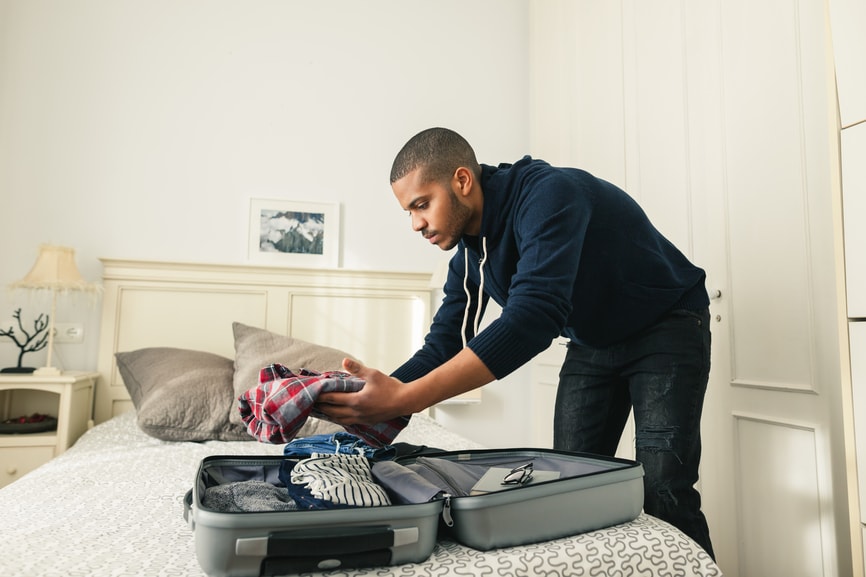Renting Out a Room on Airbnb or FlipKey? How Much You Owe in Taxes
Who couldn't use a little extra income on the side? Short-term vacation rental companies like Airbnb and FlipKey help you find guests to rent that spare bedroom and earn some cash. But, as in any business venture, it's best to figure out the tax implications before you jump in.

Two weeks or less and you pay no income taxes
And the magic number is...14. Rent out a couch, a spare room or your whole house for a total of two weeks or less during the tax year and you'll pay nothing in federal taxes on the extra income.
One of the best Internal Revenue Service (IRS) breaks available, this tax break is sometimes known as "the Masters exemption" because so many people take advantage of it every year during the big annual golf tournament in Georgia.
It doesn't matter whether you earn $100 or $10,000 during those 14 days that you rent out space—you don't have to report the earnings on your taxes. However, to qualify, you must:
- rent part or your entire house for no more than 14 days during the year
- live in the house yourself for more than 14 days during the year or at least 10% of the time that you rent it to others.
Other tax implications for short-term rentals
The same tax law that offers you the Masters exemption also prohibits you from taking any rental deductions, such as agency fees or operating expenses. But, you can continue to take your usual homeowner tax deductions for mortgage interest and property taxes when you rent space for 14 days or less.
One exception worth noting: Some companies that facilitate short-term rentals—like Airbnb and FlipKey—may report your rental income to the IRS no matter how many days you rent.
So, even if you qualify for the Masters exemption at the end of the tax year, you might get an IRS letter about the rental income. You'll need to prove that the amount is not taxable because you did not exceed the 14-day limit.
Renting for 15-days or more changes everything
Step over the annual 14-day limit, even by one day, and you'll be in completely different tax territory. The Masters exemption disappears, and rental income—including the amount you made in the first 14 days—becomes taxable. Your tax rate will vary depending on the total amount of income you report on your state and federal tax returns.
The bright side is that you can deduct 100% of direct rental expenses from the short-term rental income, including:
- rental agency fees
- credit checks
- cleaning expenses
Other expenses, like mortgage interest and property taxes, must be split up between personal and business use of your residence.
Note, that the money you make from short-term vacation rentals is considered rental income for tax purposes even if you are a renter yourself and don't own the property.
Local occupancy taxes may vary
Some cities and states charge occupancy taxes on short-term rentals. Although the guest usually owes the amount of this local tax, you, as the host, may have to collect and pay it. The occupancy tax may be called by other names, such as:
- Hotel Tax
- Transient Occupancy Tax
- Tourist Impact Tax
These taxes and the applicable rules vary by location, so research how it works in your jurisdiction. In some states, these occupancy taxes apply only if you've never personally lived in the rooms you rent or if you provide guest services like changing bedding or maid service. Sometimes the rental company collects and pays the local tax for you.
Let a local tax expert matched to your unique situation get your taxes done 100% right with TurboTax Live Full Service. Your expert will uncover industry-specific deductions for more tax breaks and file your taxes for you. Backed by our Full Service Guarantee.
You can also file taxes on your own with TurboTax Premium. We’ll search over 500 deductions and credits so you don’t miss a thing.













